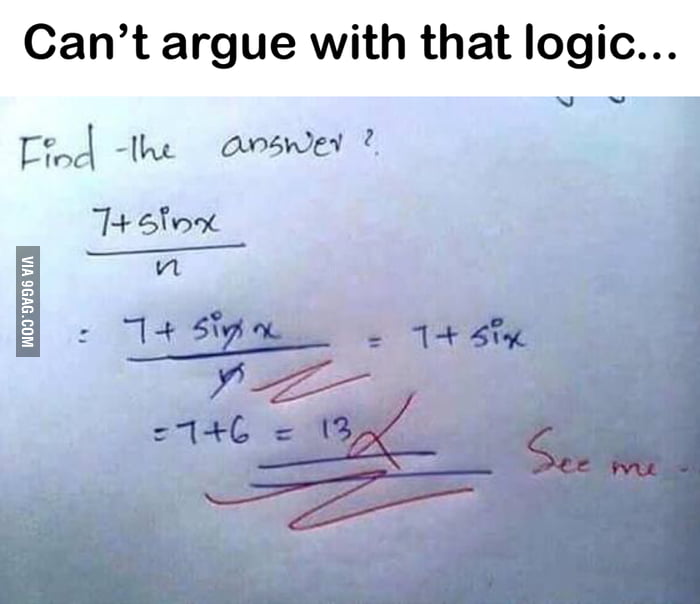
Originally Posted by
Blokhin LSE
Stirlitz
Quick, clear, sober mind. Sober calculation, a clear understanding, clarity, clarity, order, discipline, initiative, energy, assertiveness, decisiveness, initiative, directness, activity, clarity of action, work, work, efficiency, courage, passion, resourcefulness, justified risk, honesty, strong character , instruction, law, meticulousness and professionalism, punctuality, sense of duty, technique, technology, work, stability, predictability, stability, specificity, healthy conservatism, uncompromising, inflexible, dry business, officially
Reasonable and logical to operate, observe the rules of the game, persistent, daily work, quality of work, calculating the situation, depth, practical benefits, the benefits, argue, be in the middle of the action, keep promise at any cost, to put into practice,
Stingy with praise, the inability to admit to feelings, an inability to apologize, admit mistakes, to see more disadvantages than advantages, intolerance of other people's weaknesses
Smartness, self-discipline, discipline, responsibility, commitment, athletic bearing, engagement in, sharpness, directness, latent nervousness, endurance, hard work, overcoming difficulties, organizational skills, never show weakness, and sometimes tactless, inconsistency, temper
Information, logic, calculations, facts, analysis, "facts first" facts and once again the facts, outrageous order (throughout), the order with a capital letter
"Everything I do - I'm doing well," he said - did not you - do not promise, "" I want to know everything, "the authorities are not afraid - boldly defends his views, sometimes aggressive, always knows what and how to do a good administrator, manager, likes to teach people how to act and live
Aesthete, elegant, stylish dresses (but do not dress up), cleanliness, tidiness, punctuality, quality things, comfortable working conditions, to avoid physical discomfort
Abhors: procrastination nesobrannosti, mumbled, slobs, laxity, laziness, irresponsibility, chaos and confusion, (Cited above.) incompetence, cunning and guile, thieves and tricksters, intrigue, political games, can not stand when customized and in a hurry, late for a meeting in violation of terms performance, talk about trifles
.)




 Reply With Quote
Reply With Quote



 -
- 
 .
.


 you need to use the official wank-smiley:
you need to use the official wank-smiley:
 , and
, and  more than any other function, use
more than any other function, use  more than any other function, and are most contrary with
more than any other function, and are most contrary with 
